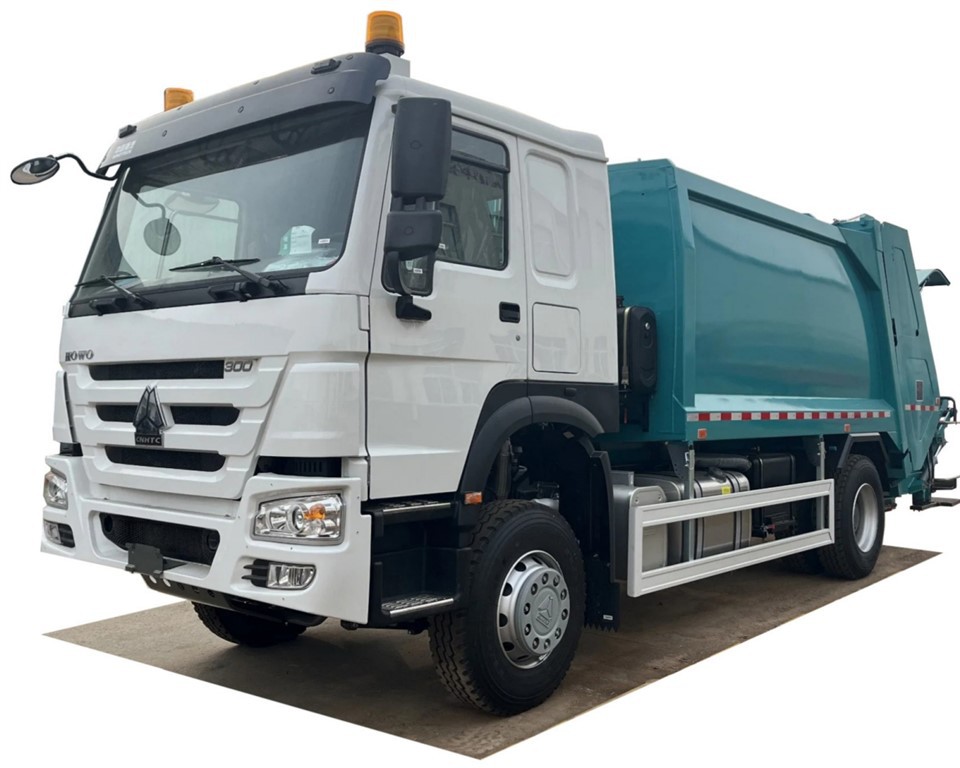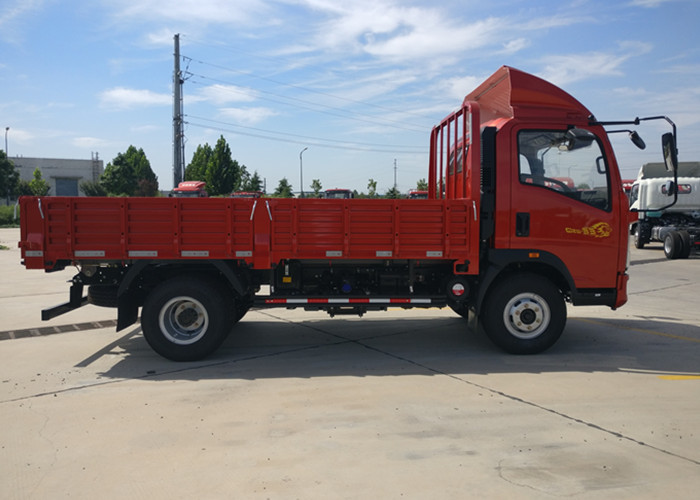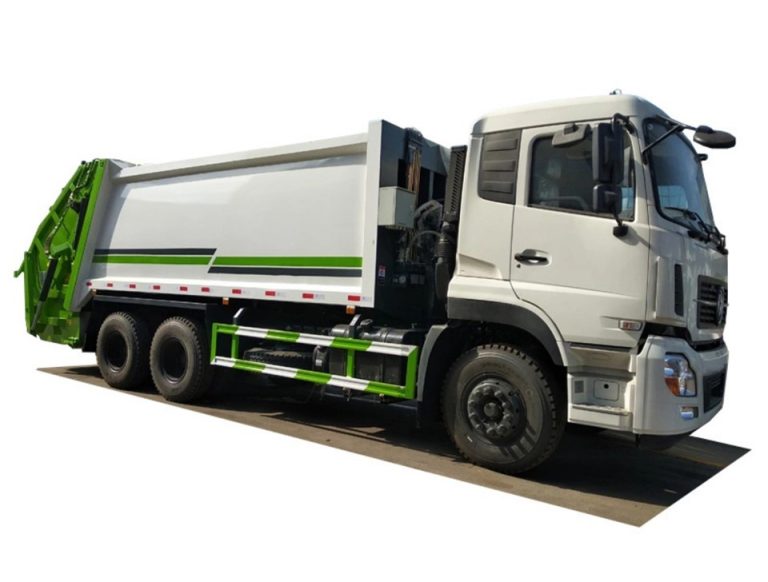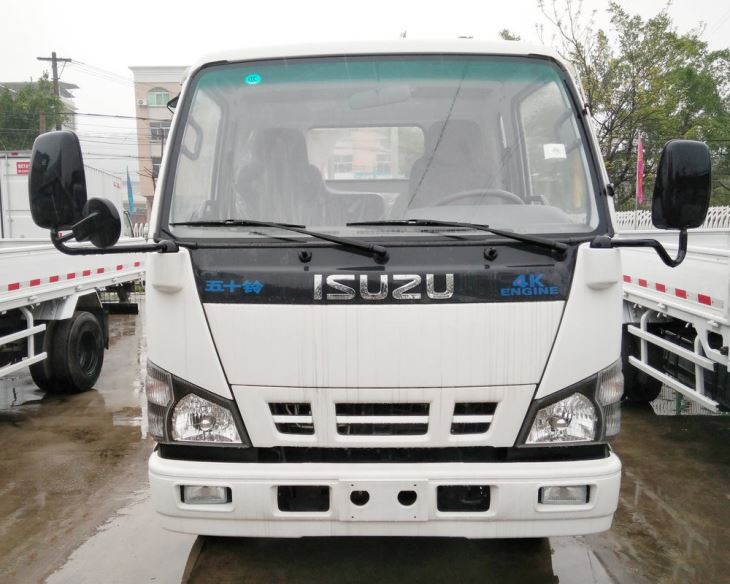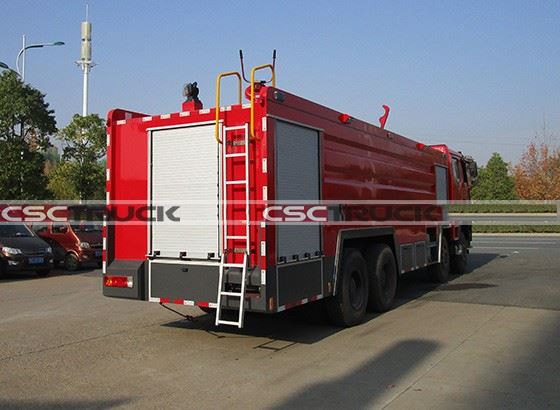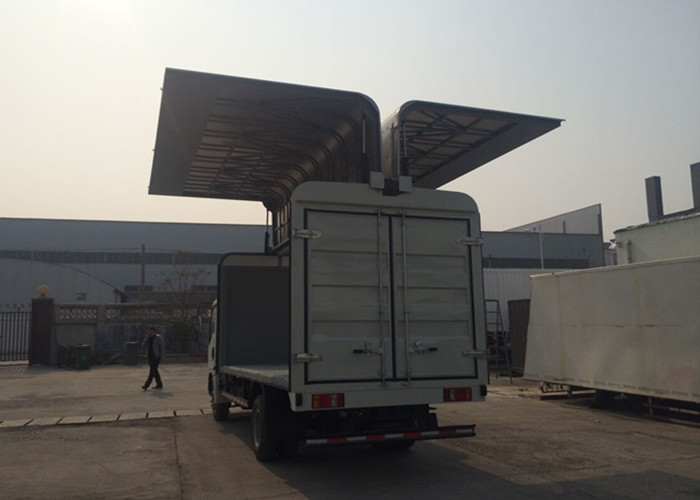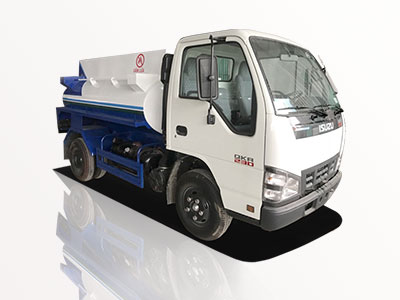Air compressors play a crucial role in the operation and maintenance of semi trucks. From powering tools to enhancing braking systems, understanding how these machines work and their various applications can help truck operators improve efficiency and safety on the road. This article delves into every aspect of air compressors specific to semi trucks, offering practical insights and tips to maximize their performance.
What is an Air Compressor?
An air compressor is a device that converts power (using an electric motor, diesel engine, or gasoline engine) into potential energy stored in pressurized air. The compressed air can then be used for various applications, including operating pneumatic tools, inflating tires, and facilitating braking systems in heavy-duty vehicles such as semi trucks.
Types of Air Compressors for Semi Trucks
There are several types of air compressors, and choosing the right one for a semi truck is vital for optimal performance.
1. Reciprocating Air Compressors
Reciprocating air compressors use a piston to compress air. They are efficient and commonly used in smaller applications, making them suitable for semi trucks needing portable air pressure solutions.
2. Rotary Screw Air Compressors
Rotary screw compressors use two rotating screws to compress air. They are ideal for long-term use and continuous operation, making them suitable for heavy-duty applications.
3. Scroll Compressors
Scroll compressors utilize two spiral elements to compress air. They are often quieter and more energy-efficient, suitable for applications where noise reduction is important.
4. Centrifugal Compressors
Centrifugal compressors are used for high-flow applications. They employ a rotating disk or impeller to compress air, making them suitable for larger fleet operations.
Applications of Air Compressors in Semi Trucks
Air compressors serve a multitude of purposes in semi trucks, enhancing functionality and safety.
1. Braking Systems
Most semi trucks use air brake systems that rely on compressed air to function. Understanding the compressor’s role in maintaining brake pressure is essential for safety.
2. Tire Inflation
Maintaining proper tire pressure is vital for safety and fuel efficiency. An onboard air compressor allows truck drivers to inflate tires quickly and efficiently on the go.
3. Operating Pneumatic Tools
Air compressors enable truck drivers to use pneumatic tools such as impact wrenches and tire changers directly from their vehicles, adding convenience during breakdowns or repairs.
4. Air Suspension Systems
Many modern semi trucks use air suspension systems that require a reliable air compressor to maintain proper ride height and comfort for both the driver and cargo.
How to Choose the Right Air Compressor for Your Semi Truck
Selecting the right air compressor involves considering several factors to meet your specific needs.
1. Determine Your Air Needs
Consider what you will be using the air compressor for. Identify the tools and systems that require air pressure and calculate the necessary CFM (cubic feet per minute) and PSI (pounds per square inch).
2. Understand the Power Source
Choose an air compressor powered by the most suitable source for your needs—electric, diesel, or gasoline. Ensure compatibility with your semi truck’s capabilities.
3. Consider Size and Portability
Size matters, especially in confined spaces. If you plan to use the compressor for various tasks away from the truck, consider a portable model.
4. Evaluate Noise Levels
If working in quiet environments or during early hours, consider selecting a quieter air compressor to minimize disruptions.
| Type of Compressor | Best For | Advantages | Disadvantages |
|---|---|---|---|
| Reciprocating | Portable use | Cost-effective, space-efficient | Less suitable for continuous heavy use |
| Rotary Screw | Heavy-duty applications | Durable, efficient for long-term operation | Higher initial cost |
| Scroll | Quiet operations | Energy-efficient, low maintenance | Limited maximum pressure output |
| Centrifugal | High-flow applications | Consistent air supply, high capacity | More complex and costly setup |
Maintenance Tips for Air Compressors
Proper maintenance of your air compressor will ensure its longevity and efficiency.
1. Regular Oil Changes
If your air compressor requires oil, be sure to change it based on manufacturer recommendations to ensure optimal performance and longevity.
2. Monitor Air Filters
Check and replace air filters regularly to prevent blockages and ensure a clean air supply, which influences the compressor’s efficiency.
3. Inspect Hoses and Connections
Regularly inspect hoses and connectors for wear and tear that could lead to leaks, which can decrease efficiency and cause operational issues.
4. Drain the Tank
Condensation builds up in the tank over time, which can lead to rust and corrosion. Drain the tank regularly to maintain integrity.
Top Air Compressors for Semi Trucks in 2023
Here are some of the top-rated air compressors for semi-trucks available this year:
1. VIAIR 400P-RV Automatic Portable Compressor
Offers up to 150 PSI and suitable for tire inflation as well as powering air tools. It’s compact and easy to use.
2. ARB CKMA12 Air Compressor
This heavy-duty portable compressor is perfect for off-road truck enthusiasts and offers a solid performance with a maximum working pressure of 100 PSI.
3. Smittybilt 2781 5.65 CFM Air Compressor
Ideal for quickly inflating tires; it’s highly portable and known for its rugged design suited for heavy-duty use.
4. Makita MAC2400 Big Bore 2.5 HP Air Compressor
This compressor features a durable design and is perfect for pneumatic tool applications, making it great for semi truck operators.
Safety Guidelines for Operating Air Compressors
Ensuring safe operation while using air compressors is crucial to avoid accidents and injuries.
1. Wear Protective Gear
Always wear safety glasses and hearing protection when operating air compressors, especially in enclosed spaces.
2. Ensure Proper Ventilation
Run the compressor in a well-ventilated area to avoid the build-up of potentially harmful fumes, especially if powered by gasoline or diesel.
3. Follow Manufacturer Instructions
Always read and follow the manufacturer’s operating instructions to understand limitations and safety protocols.
4. Know Emergency Procedures
In case of accidental injury or equipment failure, be aware of emergency procedures and shut-off mechanisms to use if needed.
Frequently Asked Questions (FAQ)
1. How often should I service my air compressor?
Routine maintenance should involve checks every 3-6 months, with oil changes, filter replacements, and inspections performed according to frequency of use.
2. Can I use an air compressor for other applications?
Yes, air compressors can power various pneumatic tools, inflate tires, and assist in cleaning applications; always confirm CFM and PSI ratings match your tool requirements.
3. What is the average lifespan of an air compressor?
On average, an air compressor can last anywhere from 10 to 15 years, depending on usage and maintenance.
4. What should I do if my air compressor is not producing enough pressure?
Check for air leaks in hoses and connectors, inspect filters, and ensure that the compressor is set to the correct pressure settings.
5. Are portable air compressors powerful enough for semi trucks?
Many portable air compressors are designed to deliver sufficient power for tire inflation and operating small pneumatic tools. However, for heavy-duty applications, a larger compressor is recommended.
6. Is it safe to run an air compressor while sleeping in the truck?
It’s advisable not to run air compressors while sleeping inside a truck due to noise, potential exhaust fumes in confined spaces, and possible interference with emergency monitors.
